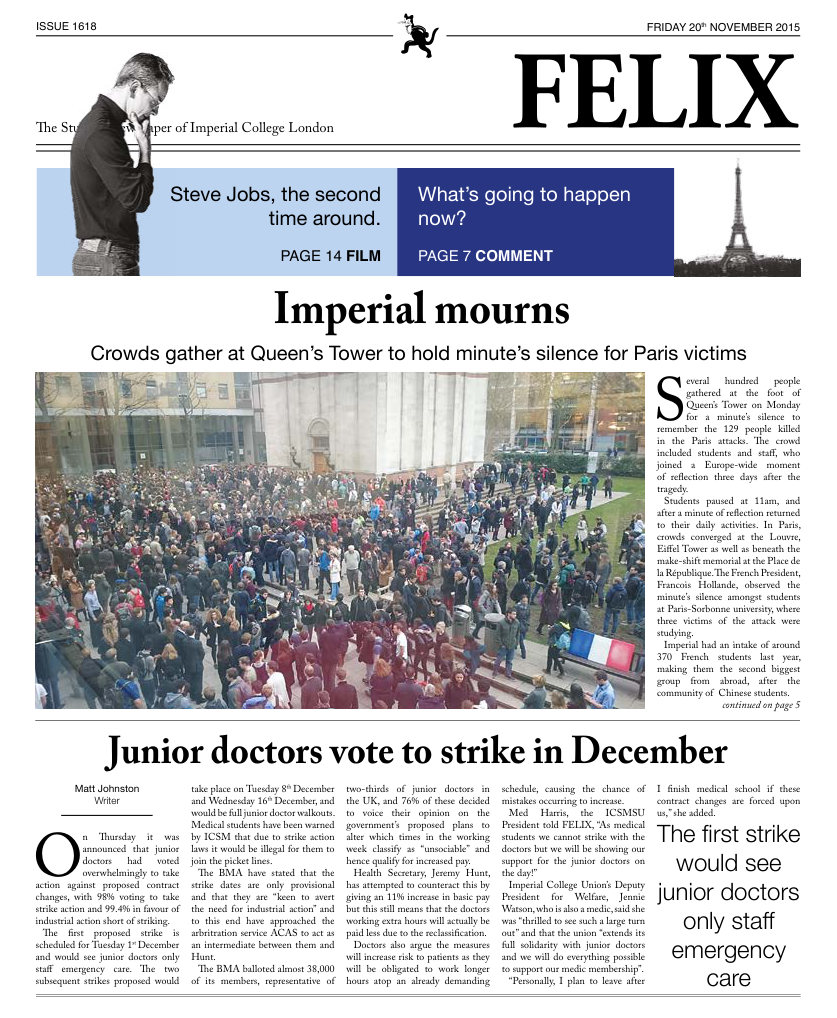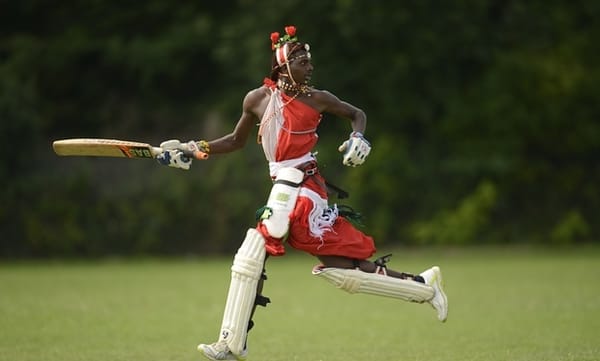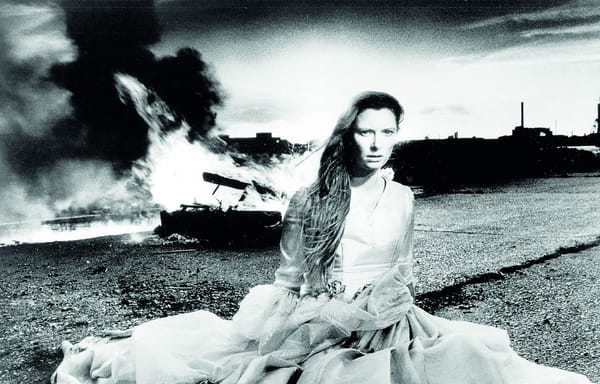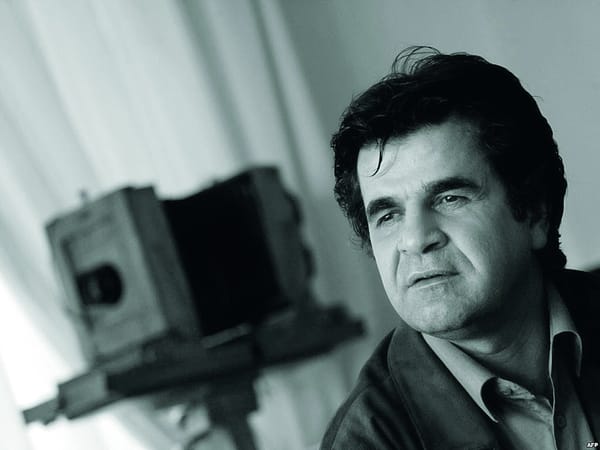A mournful, brilliantly told story of warfare in Afghanistan
Tell Spring Not to Come This Year is a vital, beautiful exploration of a broken country

Tell Spring Not to Come This Year is named after a poem chosen by one of its main subjects: Commander Jalaluddin of the 3rd Brigade of the Afghan National Army (ANA). The poem is a reflection on rebirth and renewal of a country, and the impossibility of such a renewal while the land is still full of death. A mournful poem, it is in many ways a perfect encapsulation of what the film wishes to show us.
Directed jointly by Saeed Taji Farouky and Michael McEvoy, the documentary is an utterly beautiful, haunting piece of cinema. It follows a year in the lives of the Commander and his men after the withdrawal of NATO forces, and their work on the frontlines to rid Helmand province of the Taliban.
It would be easy to focus on the battles – and clearly there were many, with 31 of the brigade killed in the documented year – however, a shot isn’t fired until about halfway through the film. The directors instead mainly focus on the relationships, motivations, and the frustrations of the men of the brigade, painting a picture of their lives in a country they describe as “ruined”.
They do this with considerable artistry, masterful cinematography, and a poignant score giving a combined effect reminiscent of a fairy-tale. But it’s not so removed as that – it’s personal, intensely so, drawing you beside these men and into their everyday experience.
The overwhelming emotion of the film is of mourning: the men mourn for their shattered country, and they mourn for their perceived futility to do anything but keep it hanging together by a thread. A gripping and thoughtful documentary,_ Tell Spring Not to Come This Year_ is essential viewing for anyone interested in the all too human aftermath of the war in Afghanistan.
Verdict: 4.5 Stars








